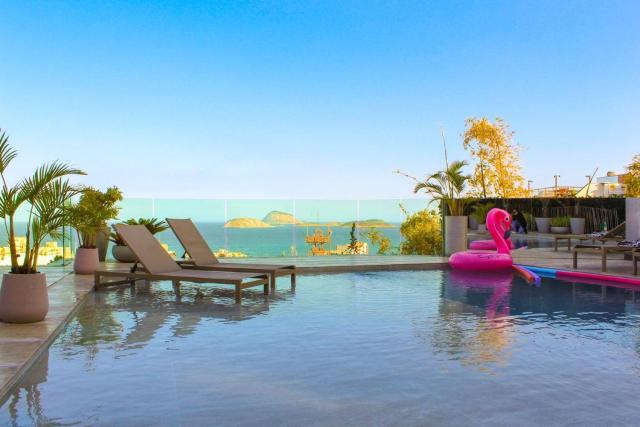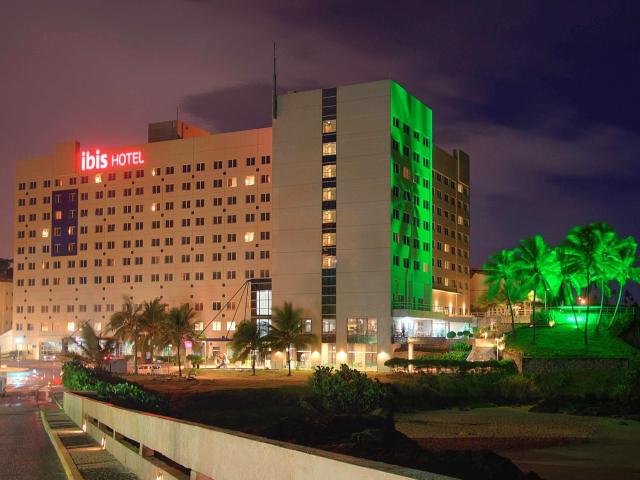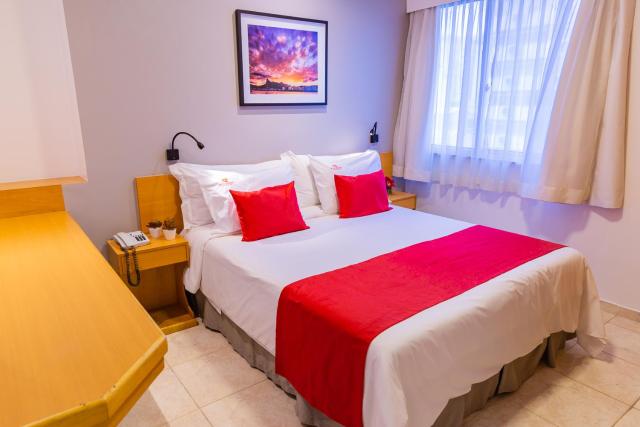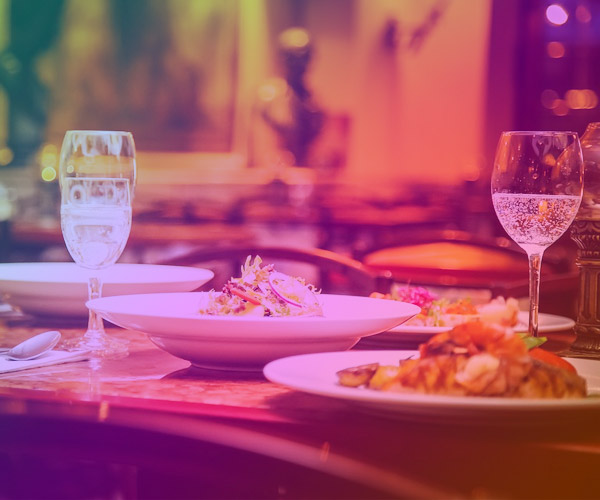Whether headed for the famous beaches of Rio De Janeiro, the modern metropolis of São Paulo, or the jungles of the Amazon, a trip to Brazil is certainly exciting. But as your itinerary takes shape, you might be asking yourself about LGBTQ rights in Brazil. In general, gay rights in Brazil are considered reasonably good. Both gay marriage and adoption are legal, and the country leads Latin America in the effort to be inclusive.
In a region where homophobic beliefs and machismo reign supreme, Brazil is far ahead of its neighbors. Nevertheless, the election of far-right President, Bolsonaro, in 2019 has significantly shifted the social and political landscape of Brazil in terms of LGBTQ rights, with the President famously claiming that “Brazil must not become an LGBTQ paradise.” That said, nearly three quarters of Brazilians say homosexuality is perfectly acceptable, a statistic that you would be unlikely to see anywhere else in Latin America. Changes is gender identity are allowed by law, although trans people still face discrimination in employment, and are sometimes excluded by the gay and lesbian community.
Brazil never had any anti-sodomy laws, meaning homosexuality was never illegal. Since the fall of the military dictatorship in 1985, LGBTQ rights in Brazil have been steadily improving. Same-sex marriage was made legal in 2013, and in 2019 the Supreme Court ruled that discrimination based on gender identity or sexual orientation was unlawful. In the same year, a majority in the Supreme Court voted to make homophobia and transphobia official crimes. Nevertheless, according to the Spartacus Travel Index from 2019, Brazil secured a score of 0 in terms of overall LGBTQ rights, with aspects such as strong religious influence, hostile attitudes, and murders having a negative impact on the result.
These positive developments are reflected in the current atmospheres in the big cities, where you are likely to experience thriving LGBTQ scenes. So is Rio de Janeiro safe for LGBTQ travelers? In general, it is. Rio is even considered the gay capital of the entire region. The gay area in Rio de Janeiro is on the Farme de Amoedo Steet in Ipanema, which has many restaurants and cafes. And as for Rio’s sister city, is São Paulo safe for LGBTQ travelers? Again, yes. In fact, it is one of the most gay-friendly cities in Brazil, and you will find the gay area in São Paulo in the Jardins section of the city.
The strong presence of gay rights in Rio de Janeiro, and of gay rights in São Paulo, is best demonstrated by the impressive LGBTQ events that they host. In Rio, Carnival features many gay revelers who come from around the world to take part in special LGBTQ events. Meanwhile, São Paulo hosts the world's largest Pride parade, which takes place in June and typically attracts millions of people.
Brazil is a beautiful country with a strong history of acceptance of the LGBTQ community. That said, the current government held by President Bolsonaro certainly poses some threats to the very fabric of LGBTQ rights today, so it is all the more vital to connect with and support the local community when you next visit Brazil. Ultimately, Rio and São Paulo are safe for gay and lesbian travelers, however, it is always best to seek out members of the LGBTQ community. This helps build solidarity and show support, as well as increasing the chances of having a memorable trip.
/location_photos/data/13900/original/brazilsaopaulocompressed-1582108277.jpg)
 by
by








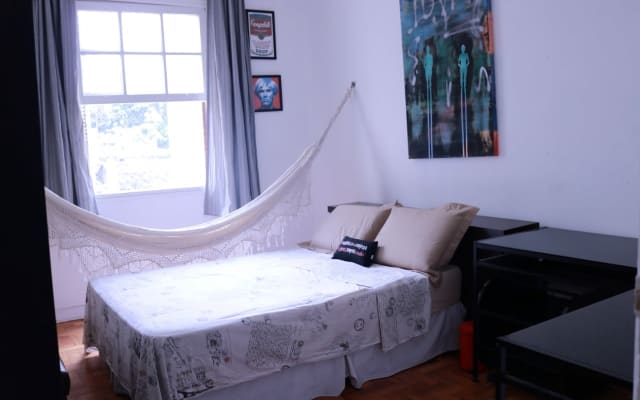



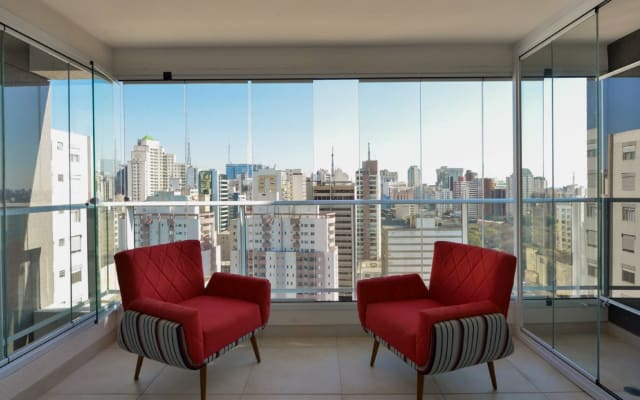



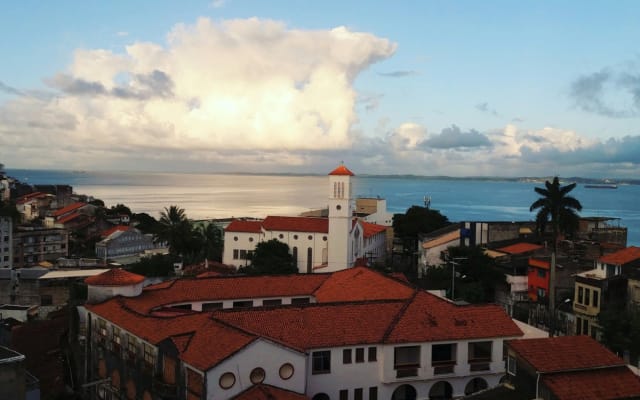

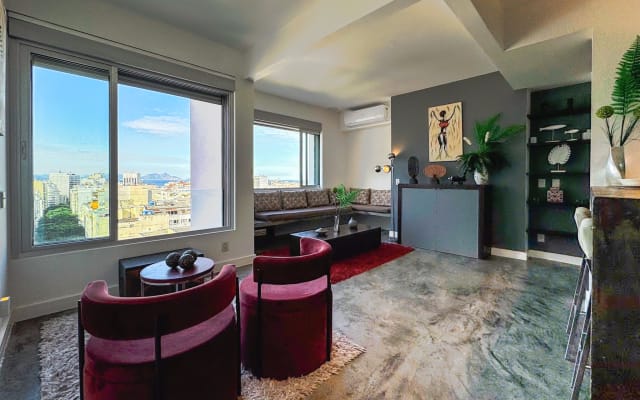



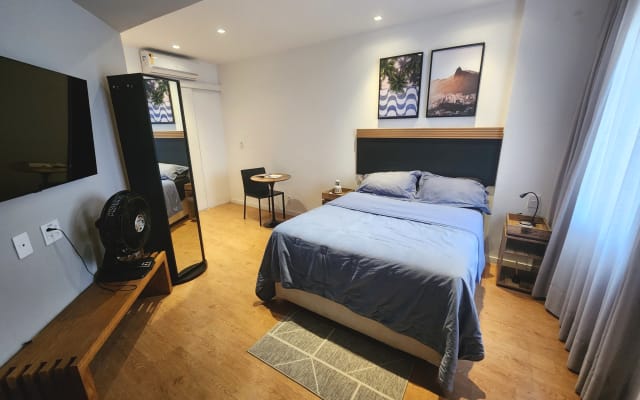

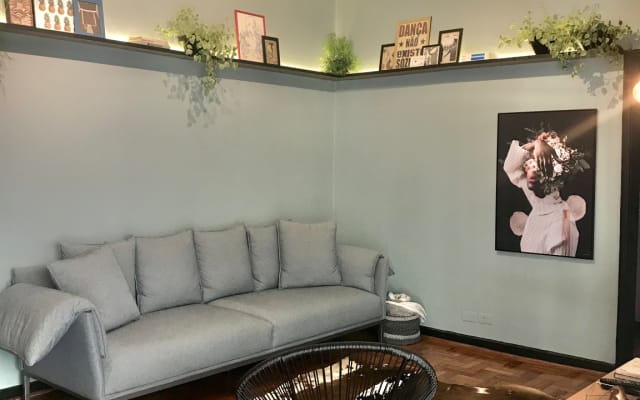



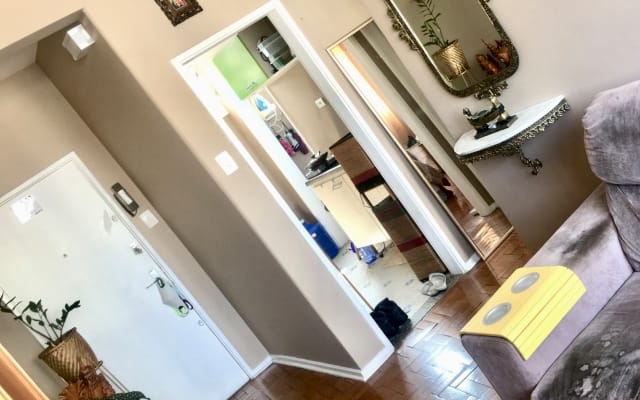

/location_photos/data/10069/original/ipanema.jpg)
/location_photos/data/1151/original/sao-paulo.jpg)
/location_photos/data/1638/original/florianopolis.jpg)
/location_photos/data/13113/original/the-week-rio-club-gay-1521717441.jpg)
/location_photos/data/11530/original/casa-20da-20matriz-1470092854.png)
/location_photos/data/11531/original/boate1140-1470093333.png)




